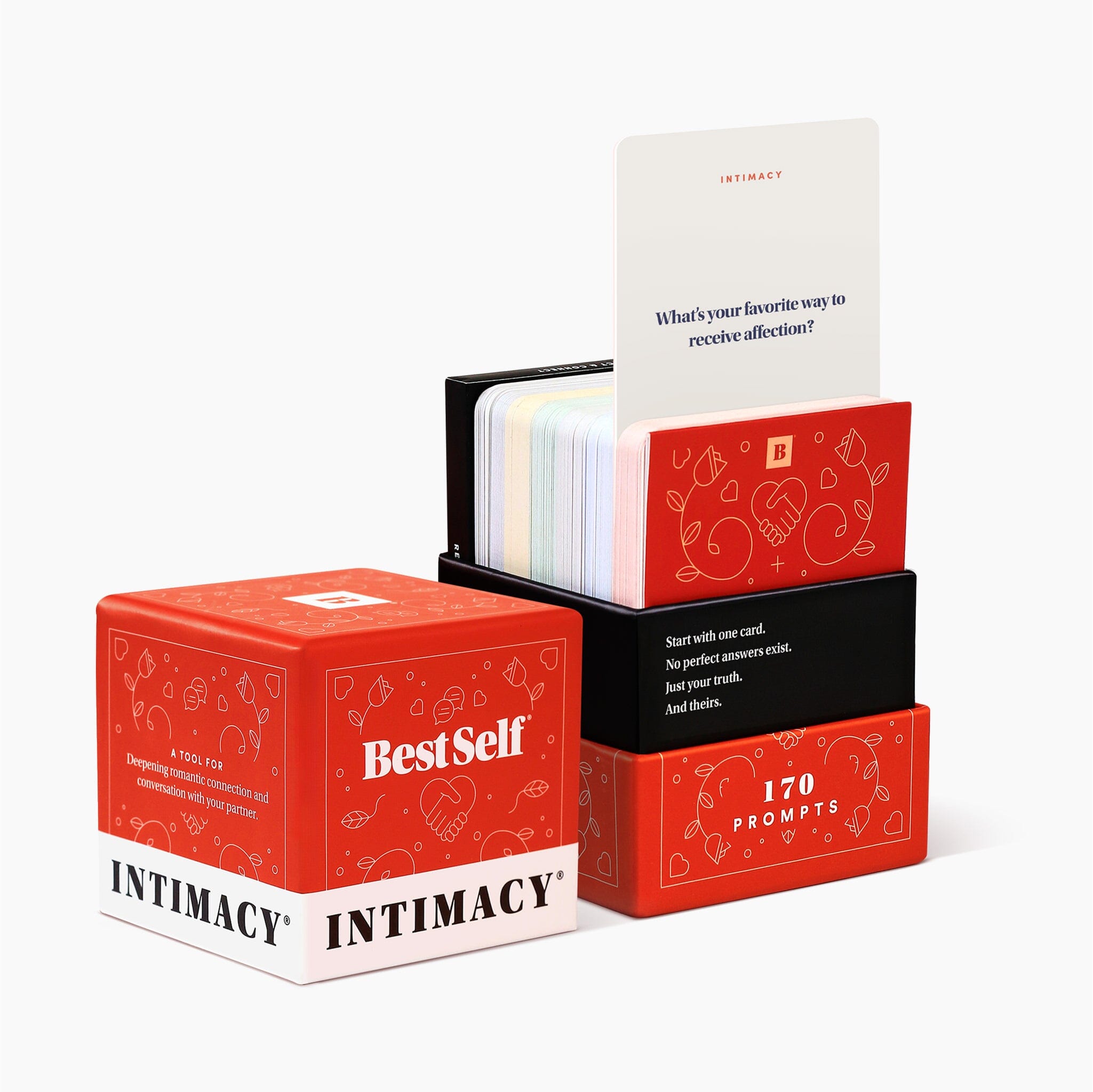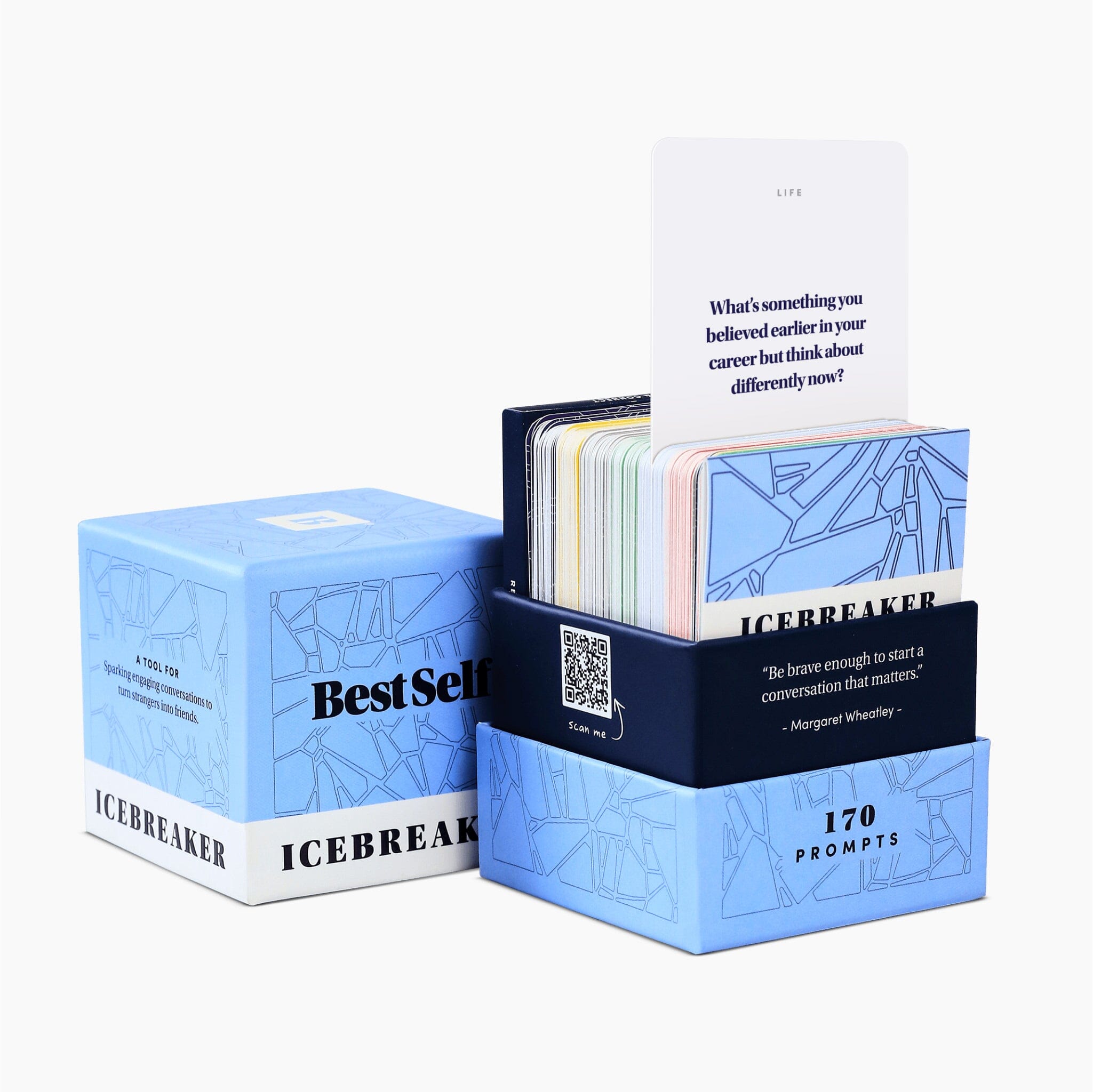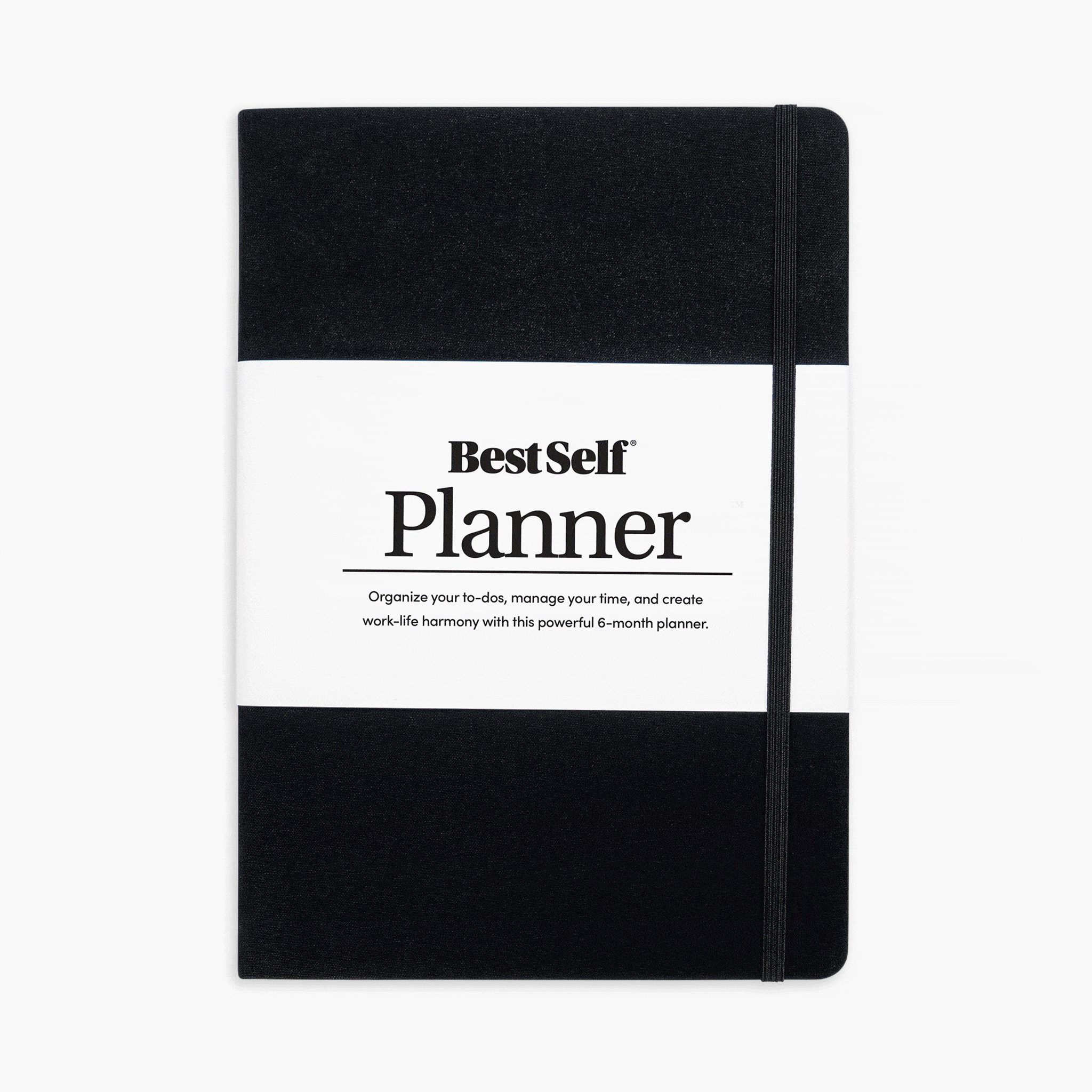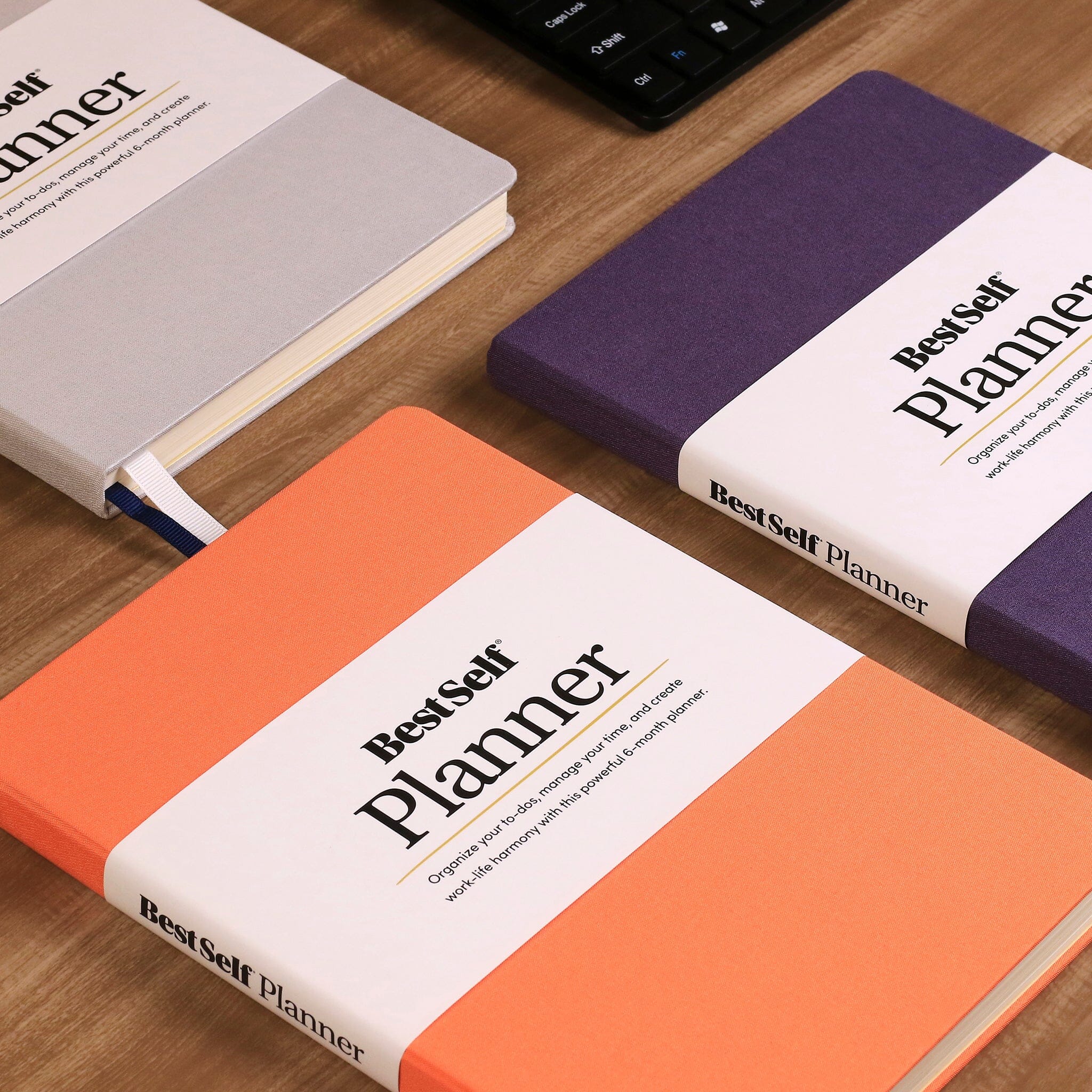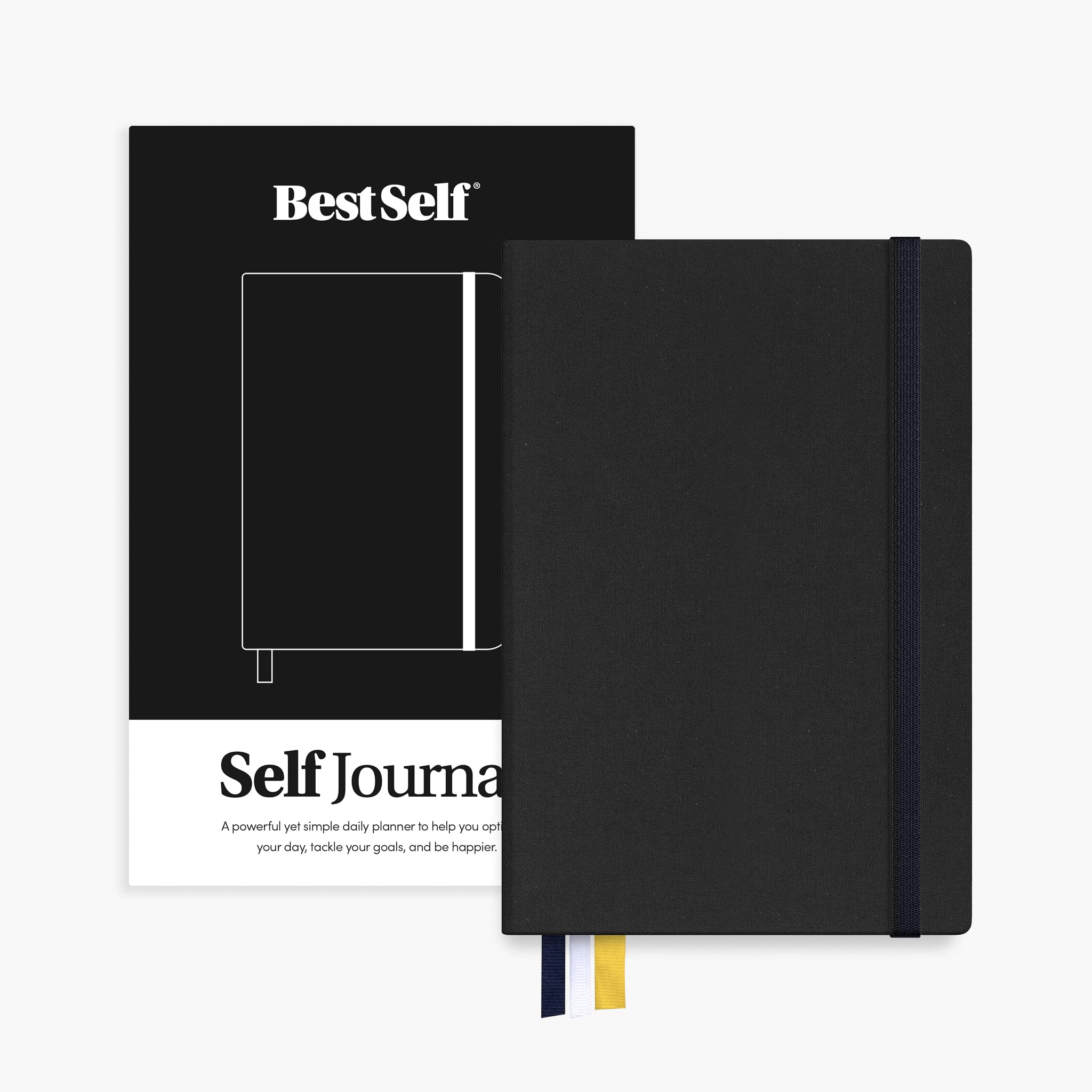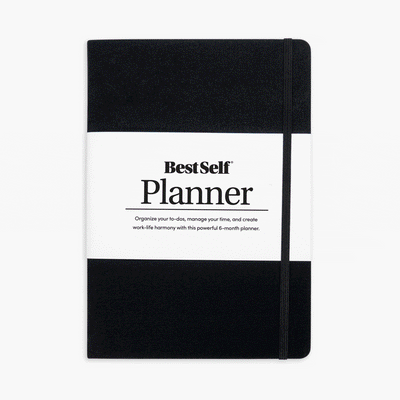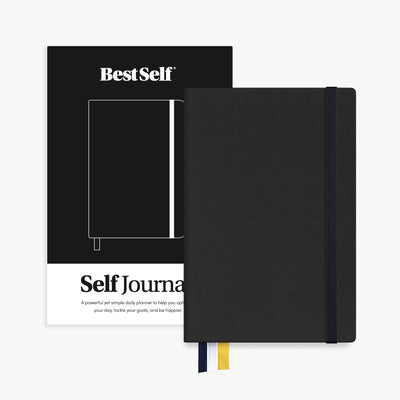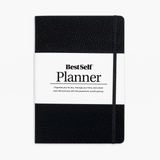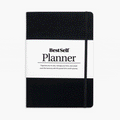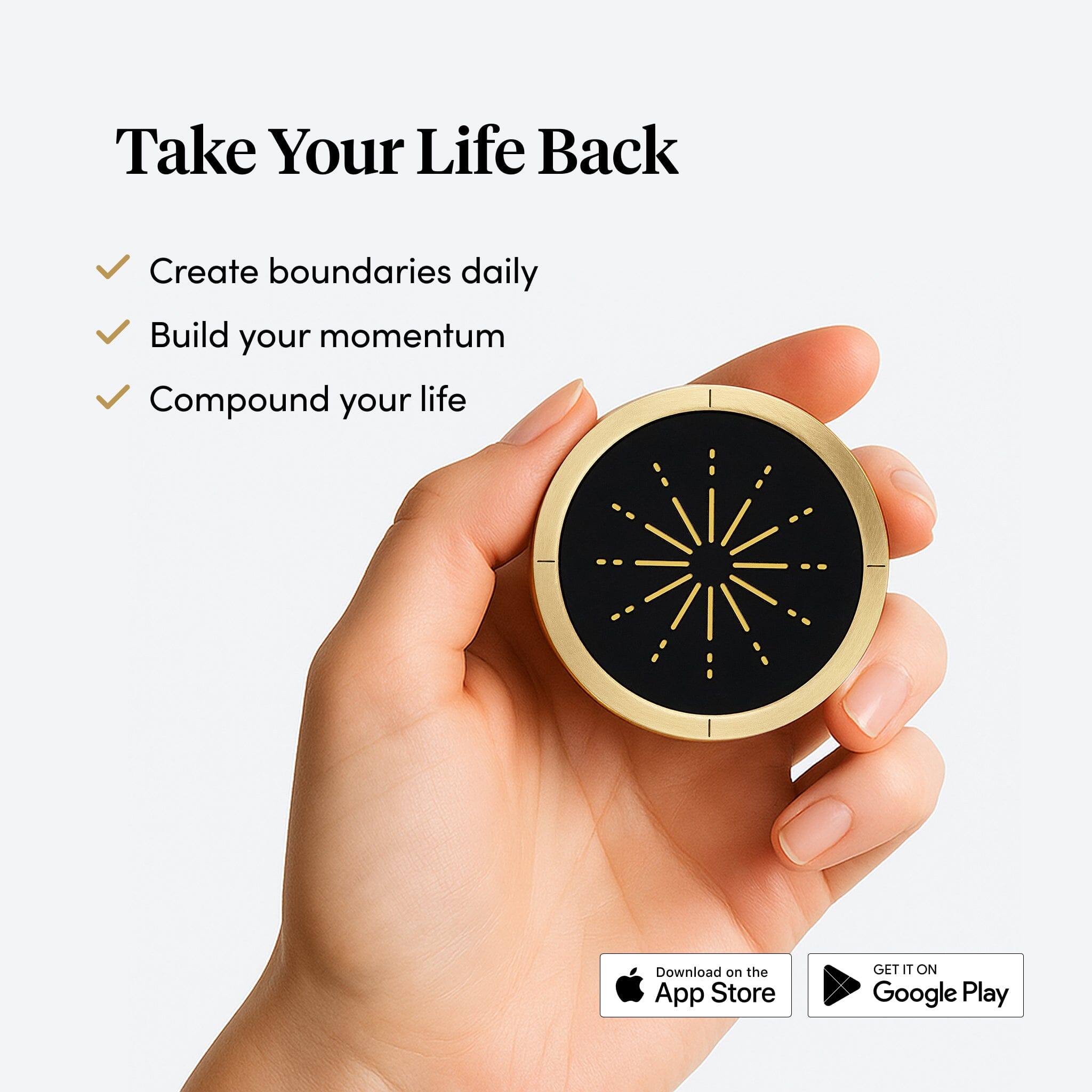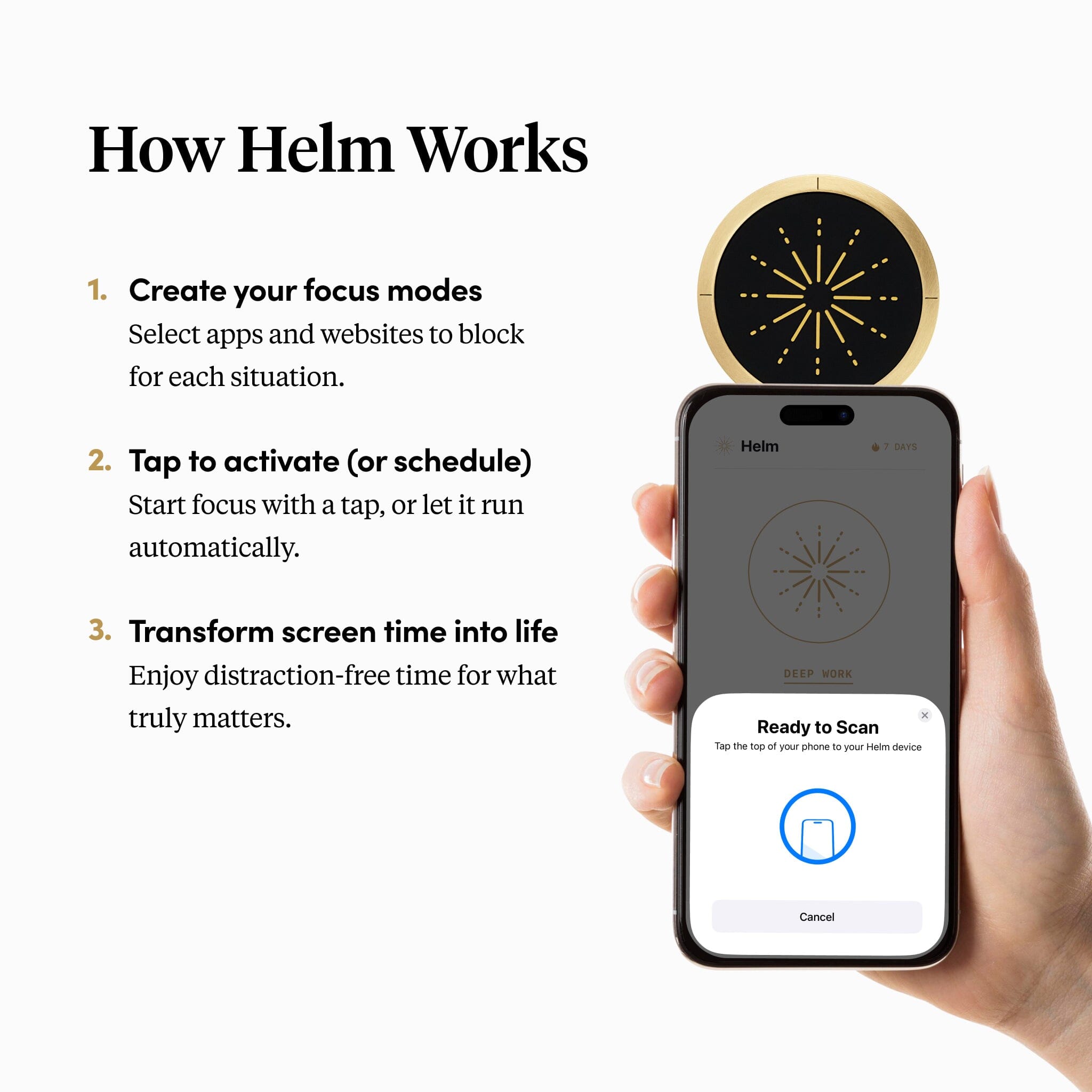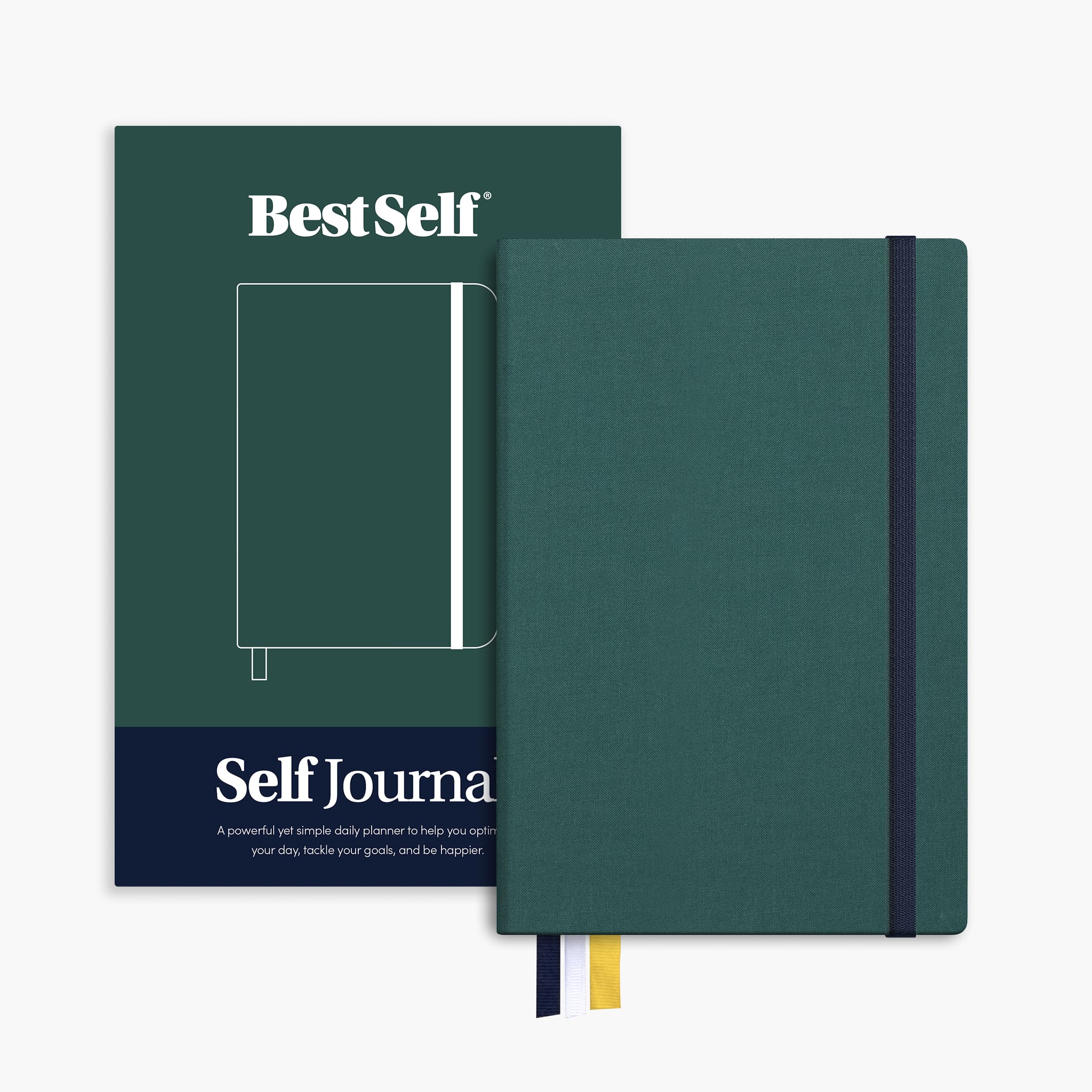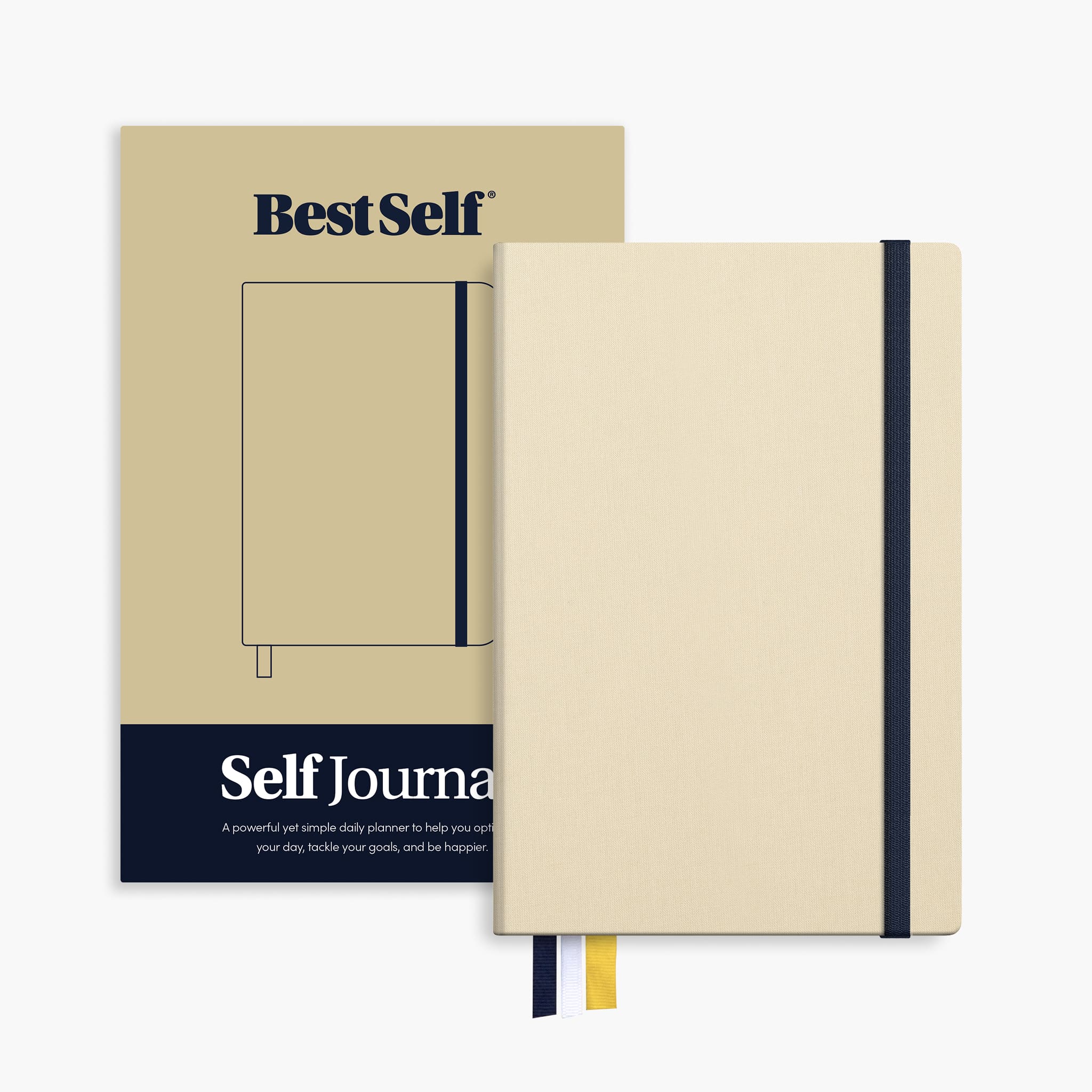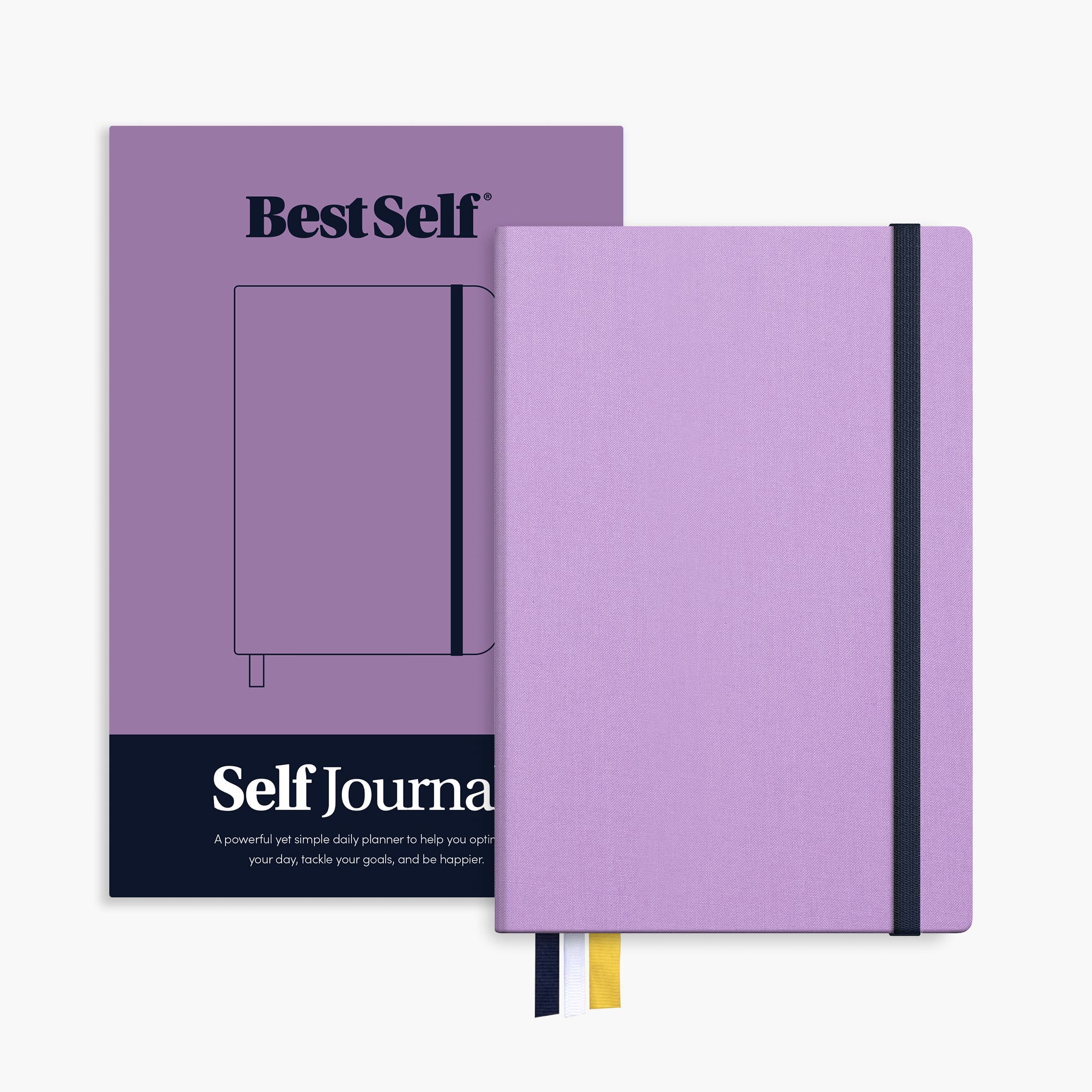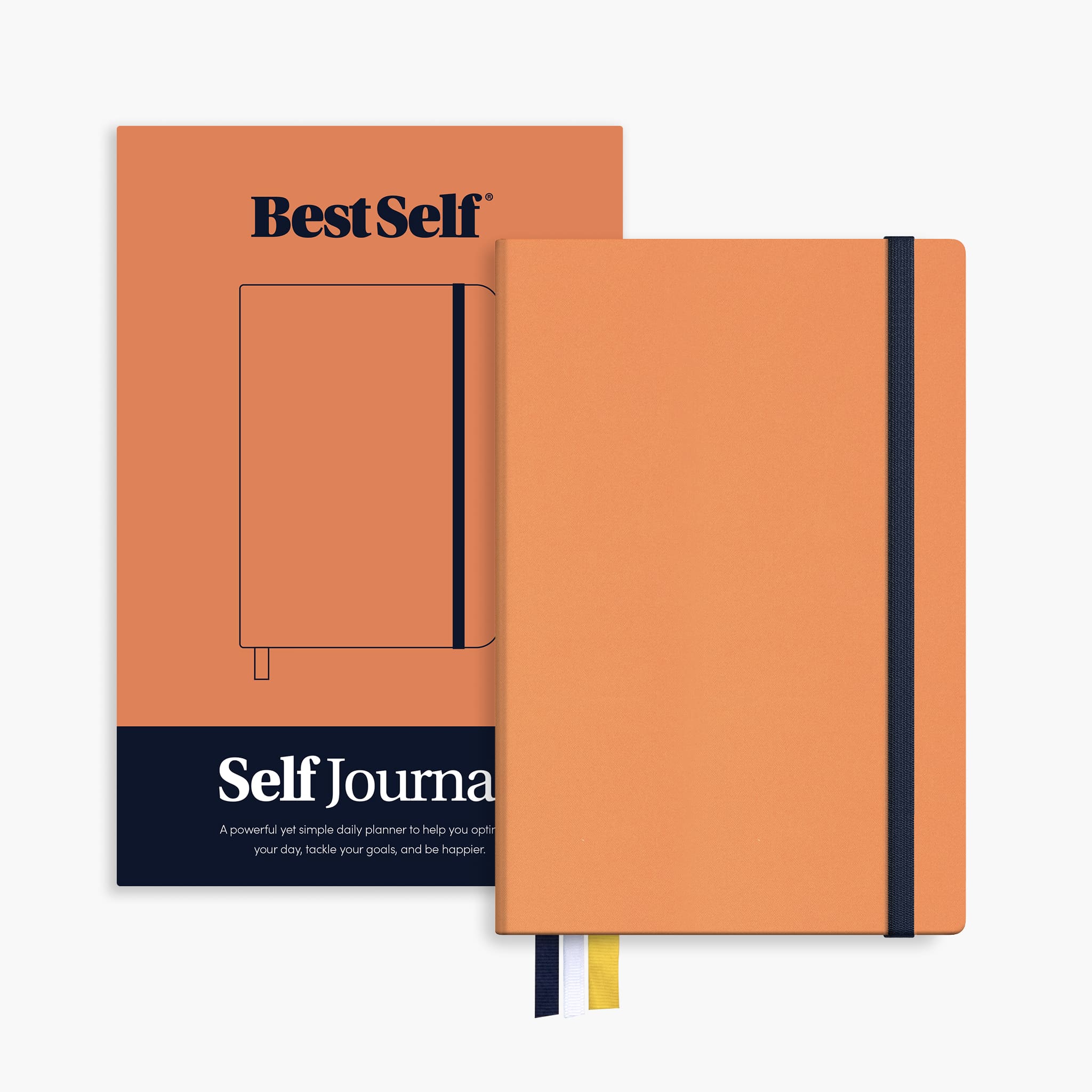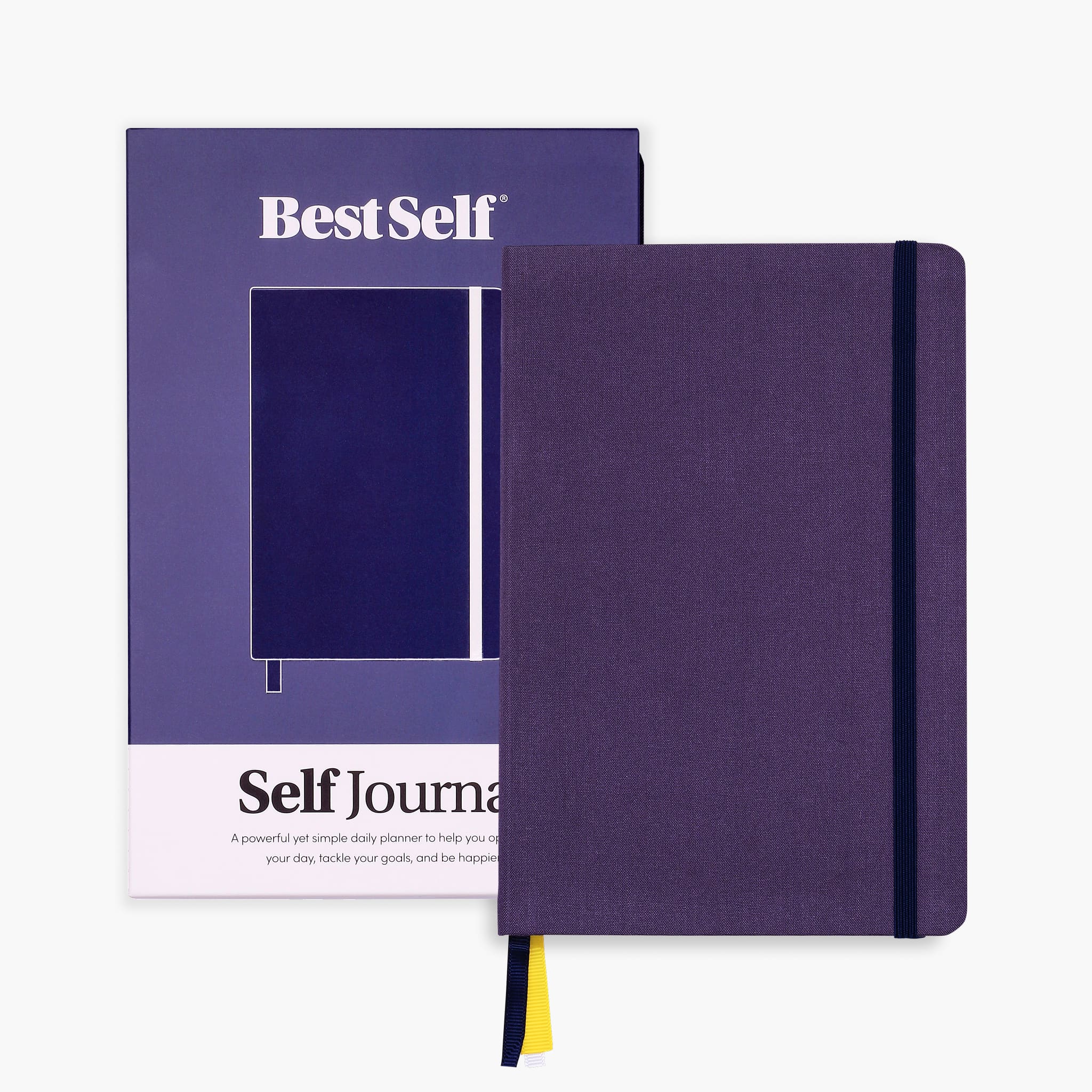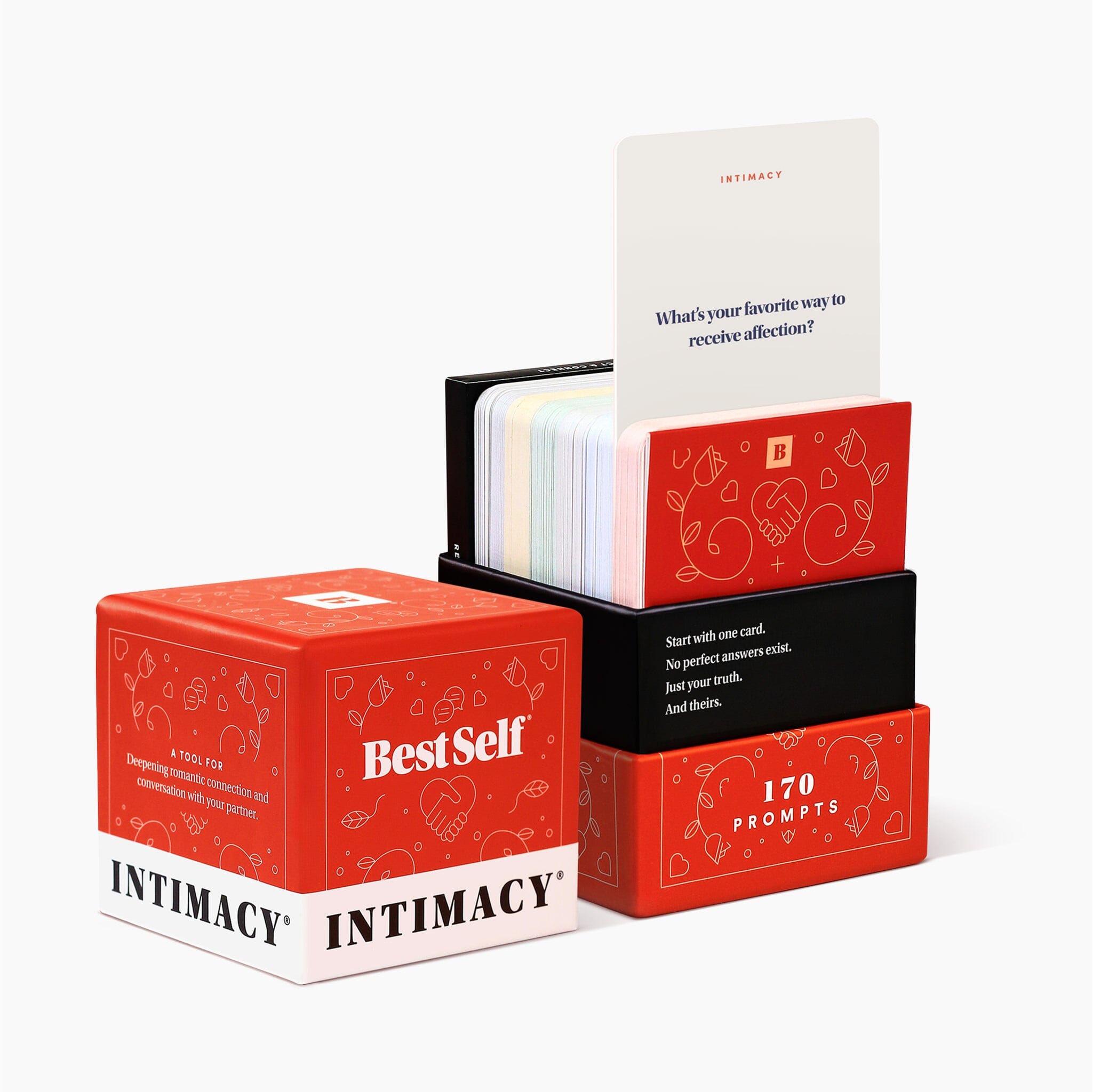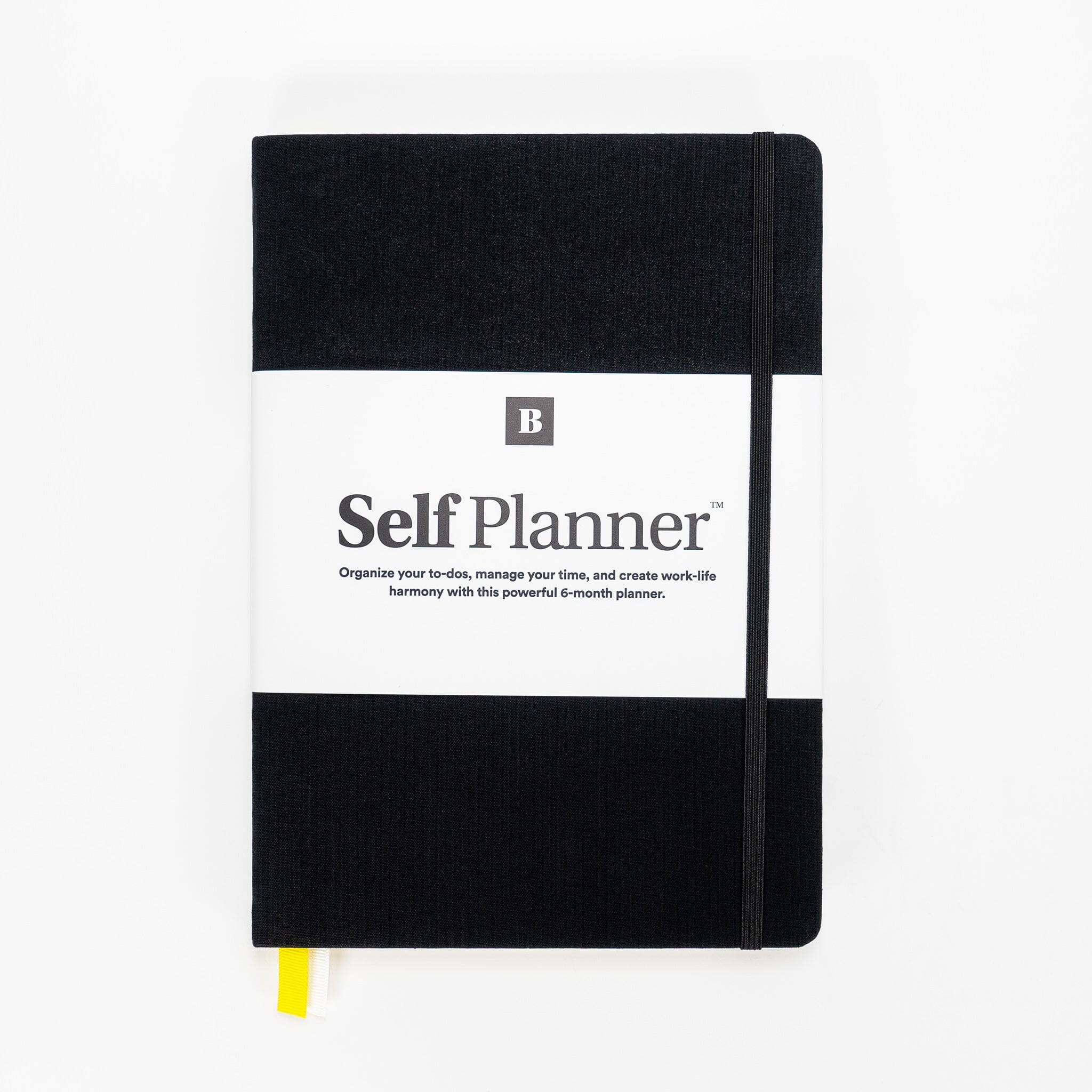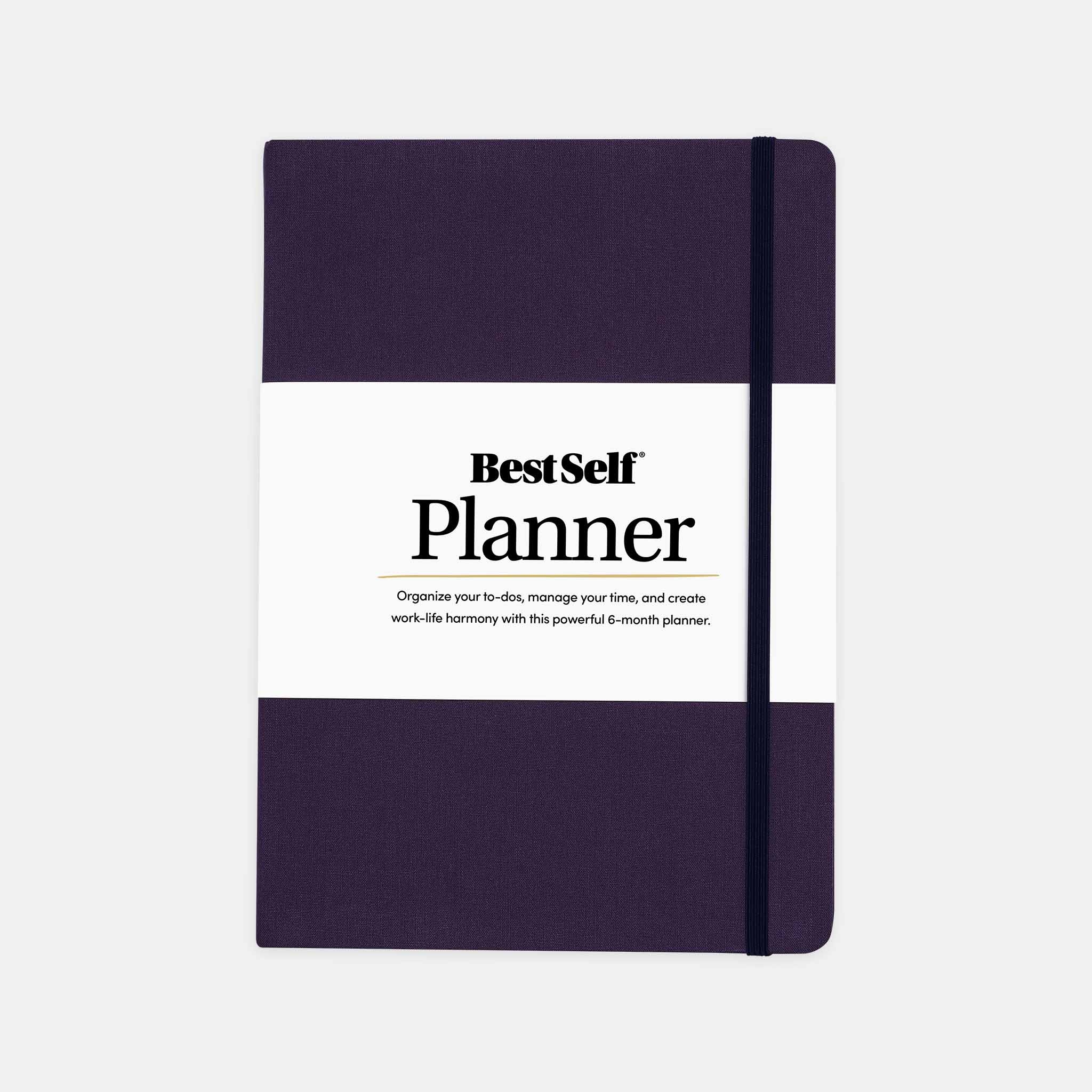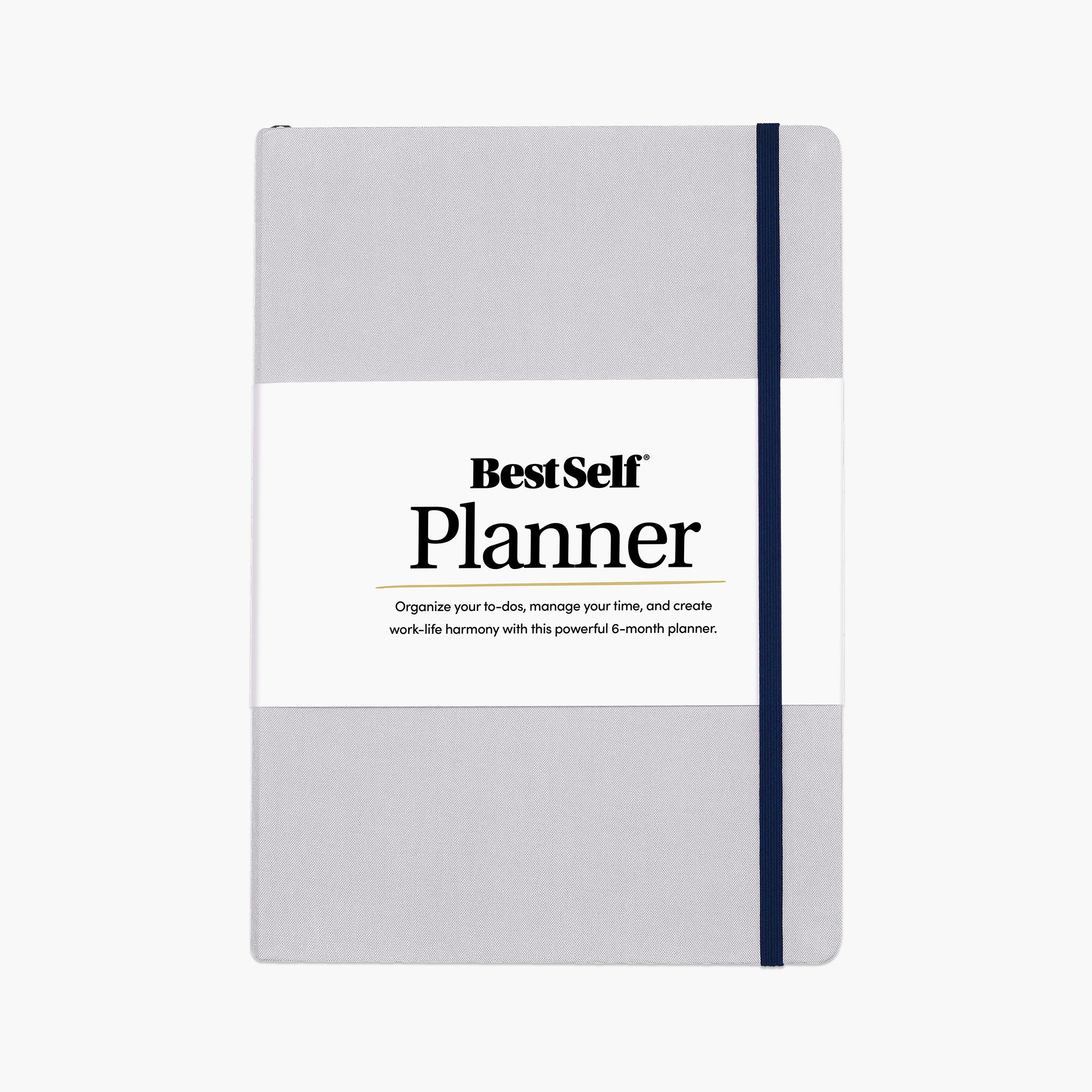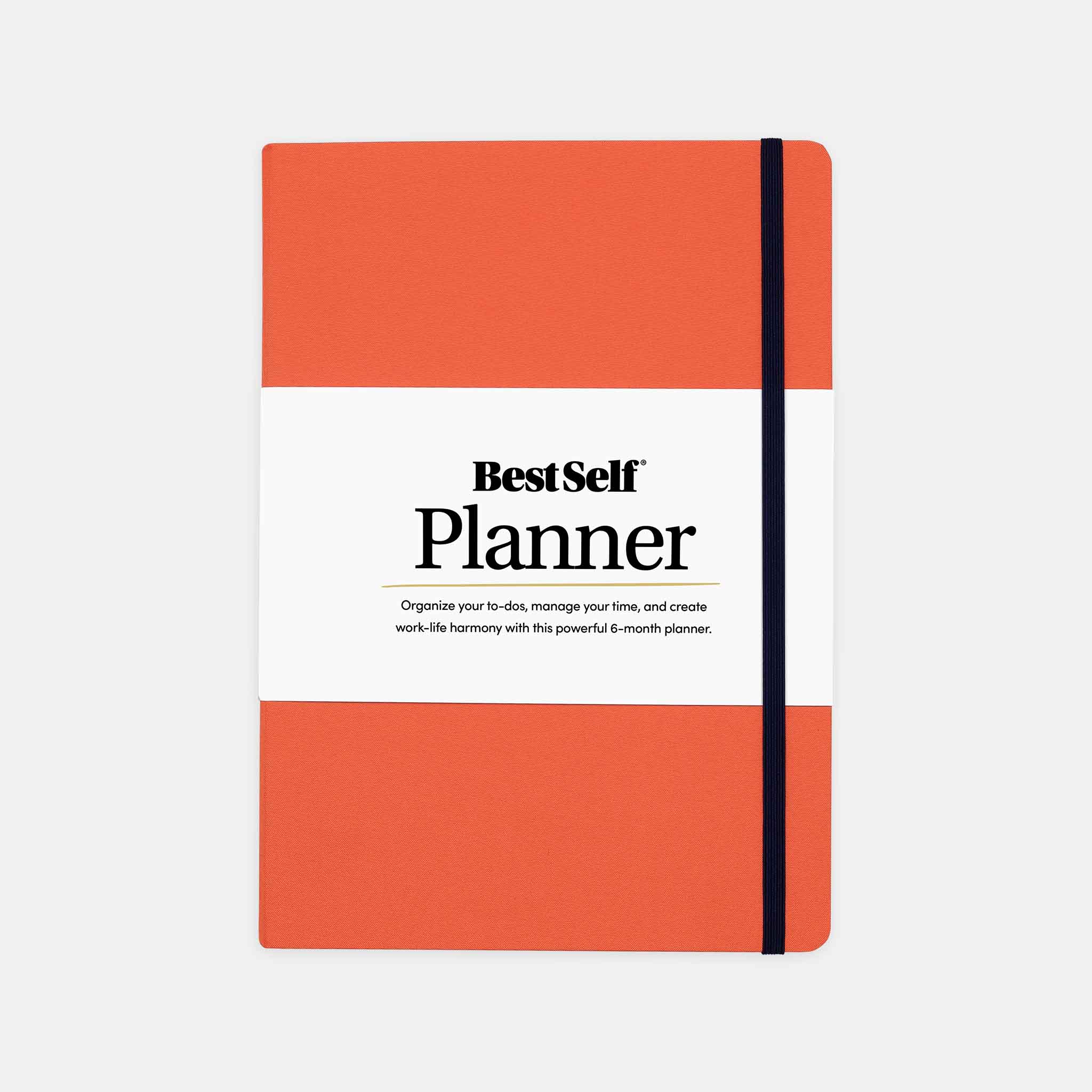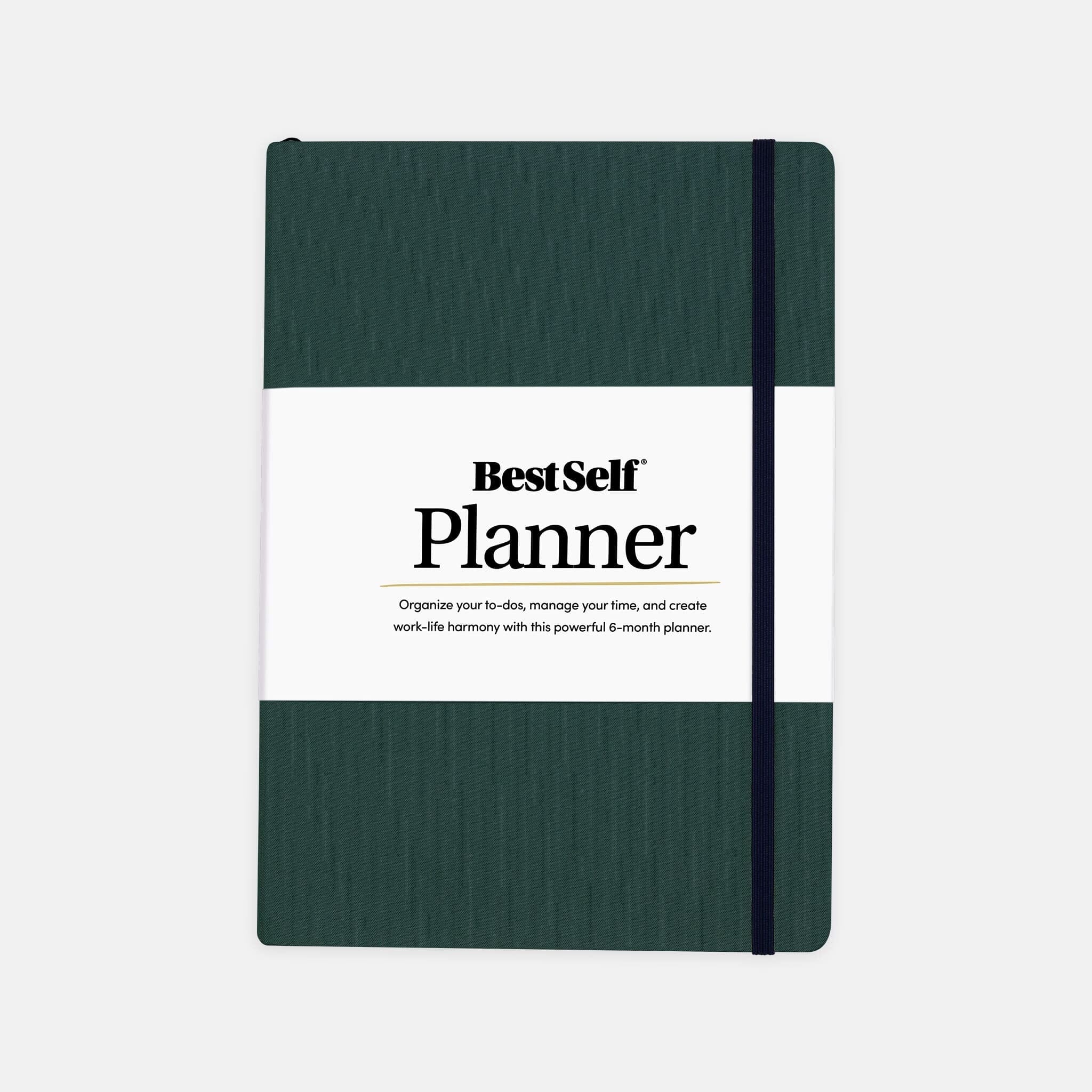There’s a scary statistic that says that 92% of people DON’T achieve their goals. That’s a ton of wasted potential, forgotten dreams, and unexplored opportunities.
But it’s easy to see why… After the initial excitement wanes off, reality sinks in! How do you get from where you are now to where you want to be?
We’re often the biggest obstacle to our big goals. Fear, self-doubt, poor planning, or lack of time and knowledge soon puts the brakes on our dreams. If we run out of steam, all progress grinds to a halt.
It’s why short-term goals are so powerful.
If you set yourself up for multiple wins along the road, there’s more chance you’ll hustle for more. It’s what successful people do. They break big goals into bite-sized steps then leverage the wins to achieve a BHAG.
You can do the same. So keep reading and discover an easier way to make that goal in your ‘someday’ folder, a reality.
Why are Short-Term Goals Launchpads to Something More?
Big goals stretch your limits in every way imaginable. Without boosts to keep you going, there’s a good chance you’ll never arrive at your ultimate destination.
Short-term goals provide that all-important boost in three powerful ways.
1. Reinvestment
Reinvestment is a about transforming little things into something big.
Howard Schultz is a great example of this approach. He joined Starbucks in the early 80s as a rank-and-file employee. After a few years, he persuaded the owners to sell the company to him. At the time, there were just 17 stores, but with little more than a big loan and a long-range vision, he got to work turning the little-known regional coffee chain into the international giant it is today.
He grew his empire one store at a time.
It’s the idea of trading up the chain. You may not have the platform or foundations at the start to achieve the big dream, but break your vision into shorter-term milestones and you can get there one step at a time.
Better still, the more short-term targets you hit, the more skills and resources you gain and the stronger your platform becomes. Over time, this all consolidates to make what was impossible in the beginning, just another stage of your growth.
2. Momentum
The first step towards a goal is always the hardest. It’s easy to think of an idea, but actually getting it off the ground can be tough. But as soon as you’re out of the starting blocks and you’re chipping away at your goal step by step, you build momentum.
It’s like a ball rolling down a hill.
It may need a little push to get going, but once it’s off, it just keeps going. It’s the same with short-term wins. Not only do they help you get started, but as you tick them off you build that all-important momentum to keep pushing.
This is a strategy writers use. They don’t write a book in one sitting, instead they develop a habit and the discipline to write everyday. Stephen King is a good example of this. He trashed messy drafts of his first book several times (fortunately, his wife rescued the pages and encouraged him to keep at it), but eventually finished Carrie by leveraging momentum by working at it in short bursts every day.
3. Motivation
Big goals test you. They’ll push you out of your comfort zone, stretch your limits, and force you solve challenging problems. To keep going, you’ve got to stay inspired and energized and that requires motivation.
Short-terms wins help fuel the motivation you need to hit a bigger goal in the future. For example, the movies Steven Spielberg made as a child wouldn't have made it to Hollywood, but they did form the foundations for what came later. In fact, Spielberg has been open about the role his early projects played in motivating him to aim higher every time.
Your goal may be to make a $100 million movie, but you’ll have to notch up some smaller wins on the way to that BHAG - for experience, for confidence, and for reputation.
Examples of short-term goals that lead to big wins
It’s not always obvious what the short-term targets inside a big scary goal look like. So to help you craft your own goal journey, here are three examples of the steps you could take to achieve three significant wins.
Writing a Novel
It’s hard to write a novel and nobody has written a bestseller without starting small. Even though J.K. Rowling wrote her first novel by the age of 11, it probably wasn’t on the level of Harry Potter, and she wrote a ton of shorter stories first.
Remember, you’ll finish your novel before you know if you break it down and practice easier skills first. Here’s how:
- Set a goal to write every day for a month. Social media posts, emails, even journal entries count.
- Next, write short blog posts or micro-stories (aim for 300 words or less).
- Then move onto short stories in the range of 1,000-10,000 words. Share your work so you can collect feedback and use the practice as a way to learn about plot, theme, and character development.
- With short stories under your belt, create a solid outline for your novel. Then get to writing it.
- Set a daily word goal - and don’t break the chain! Write everyday to make it a habit and you’ll produce a novel before you know it.
Running a Marathon
Few, if any, of us could get off the couch and run 26.2 miles without any prior training. Yet, chip away at short-term targets and almost anyone can get there eventually:
- Start with a modest distance goal - say half a mile. Track your time and begin challenging yourself to get faster.
- Running a marathon is about stamina, not speed, so once your endurance improves start framing your goals in terms of distance rather than time.
- Enter local races. Start with 5K, then 10K, and then a half marathon.
- Once you can run 13.1 miles in one stretch, a full marathon is the next step. It shouldn’t be too much harder, provided you’ve attained metabolic flexibility by eating right. At this point, you’re pretty much there!
Opening a Restaurant (And Cooking in It)
Michelin star chef Gordon Ramsay still gives basic cooking lessons on YouTube because he understands the importance of fundamentals. The path to becoming a master chef starts with a few inexpensive tools and some super simple recipes.
- Learn how to chop vegetables quickly and safely, make perfect pasta, and filet fish - get those basic kitchen skills down.
- If you’re totally inept in the kitchen, buy a cookbook for kids - and don’t feel silly about it! There’s much to be said for understanding what makes a dish good or bad, even with the most basic foods.
- As your skills and confidence grow, start cooking for other people. Integrate their feedback into your recipes and keep working at them.
- When you’re ready, challenge yourself to make some tricky dishes, like souffle or sushi.
- The business side of getting a restaurant off the ground is a separate set of skills, but at the end of the day, yours will sink or swim based on the quality of your food. Wow your investors and you’ll soon be wowing thousands of customers.
But what about your goal? Here’s the secret to making it a reality.
Hit the big one - 13 weeks at a time
Big goals aren’t only challenging because of their scale.
They’re a challenge because of the time it takes to cross the finish line. A big goal may take years - even decades to achieve. With the finish line so far ahead, there’s no urgency to start now. As a result, procrastination creeps in, bad habits come back with a vengeance, and before you know it a year is up and you’re in the exact same place you started out.
13-week roadmaps are a game-changer.
Instead of planning years in advance, you set your sights on where you want to be after just three months. This time scale is short enough to keep you motivated, but still long enough to achieve something significant.
In three months you could train for a 10k, publish a series of guest blogs, launch a new product, lose 12lbs, plan a dream trip, start a side hustle, get a promotion etc.
In three months you can clock up the wins that give you momentum, motivation, and a success which you can reinvest to get you even closer to the biggie!
It’s what the Self Journal is designed to help you do.
Chosen as the New York Times’ favorite paper planner, the Self Journal is packed with all the planning and productivity templates and tools you need to win big in 13 weeks.
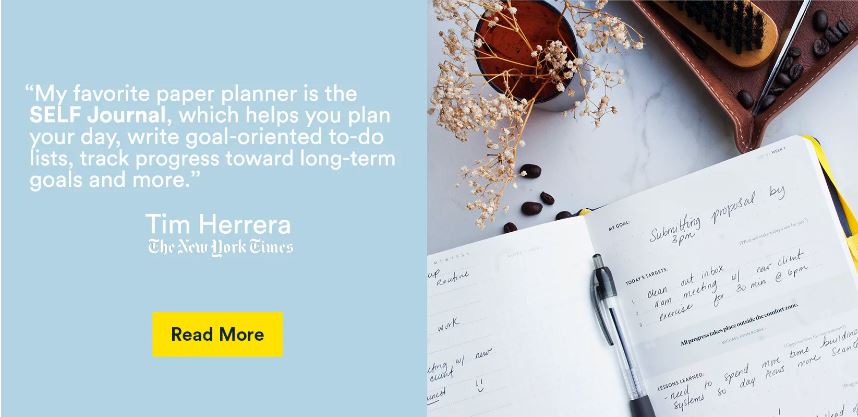
It’s a tool tried and trusted by 10s of thousands of high-achievers - and now it’s your turn to join them. Make that short-term goal as good as done when you invest in your journal HERE.
